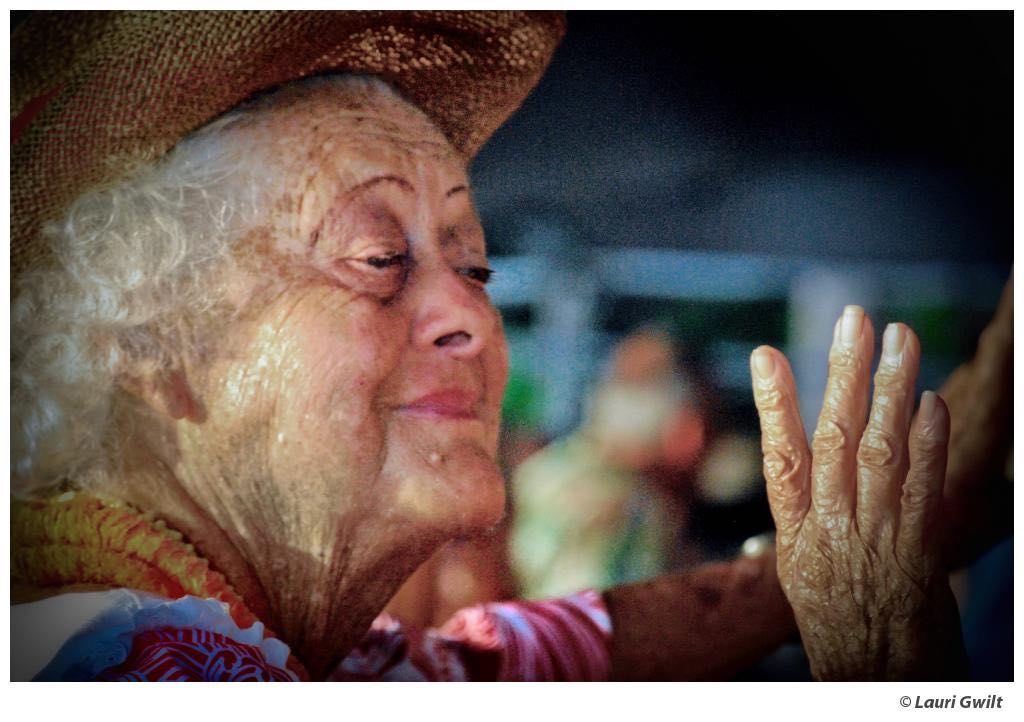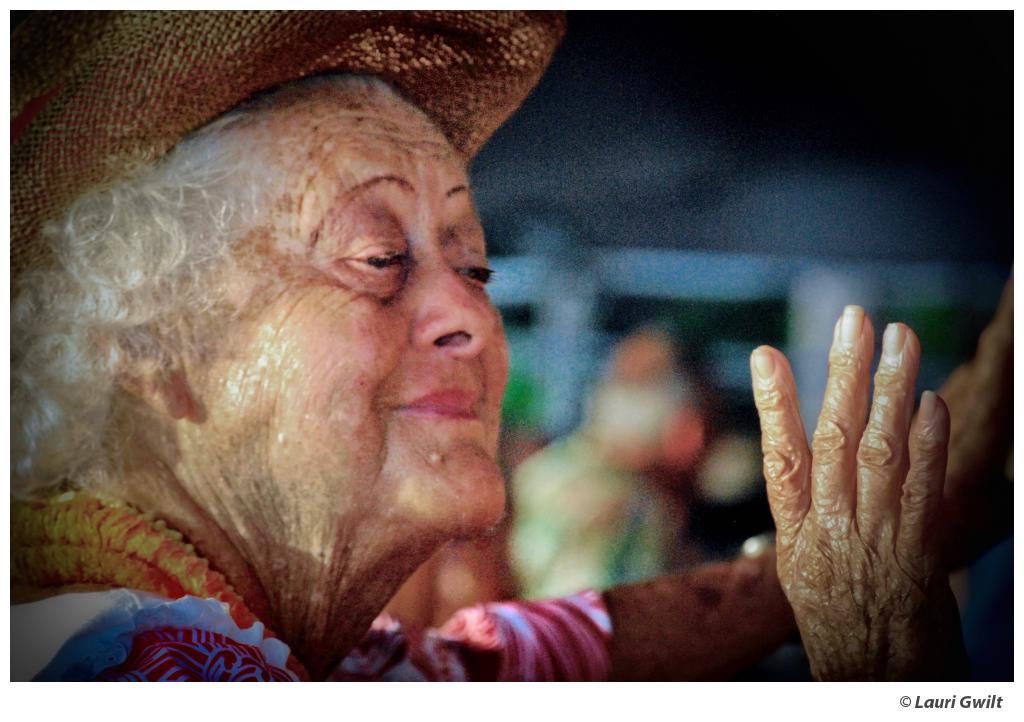Over the last few decades, there has been growing concern about loneliness across all ages, particularly in middle-aged and older adults, but a new study suggests one type of intervention that wouldn’t involve relying on other people.

Feeling isolated or not having an adequate number of meaningful personal connections, is consistently associated with major risk factors for overall health, and there are now many efforts worldwide to address it.
In a recent cross-cultural study, researchers in California and Italy teamed up and found that there was a significant correlation between wisdom and not being lonely.
“People with higher scores on a measure of wisdom were less lonely and vice versa,” said Dilip Jeste, MD, senior associate dean for the Center of Healthy Aging and Distinguished Professor of Psychiatry and Neurosciences at UC San Diego School of Medicine.
Moreover, the study examined middle-aged and older adults in both an urban environment, San Diego, California, and a rural one, in Cilento, Italy.
“Loneliness was consistently associated with poor general health, worse quality of sleep and less happiness, whereas the reverse was generally true for wisdom,” said Dr. Jeste, the lead investigator of the team, which involved the University of Rome La Sapienza.
Using the UCLA Loneliness Scale and San Diego Wisdom Scale, the researchers examined four groups: adults age 50 to 65 and those older than age 90 in each location.
LOOK: ‘Raves’ for Seniors Fight Loneliness With Partying
Wisdom has several components, such as empathy, compassion, self-reflection and emotional regulation. Researchers found that empathy and compassion had the strongest inverse correlation with loneliness. People who were more compassionate were less lonely.
“It is remarkable that the findings related to these two traits were largely similar in two markedly different cultures — a rural region of southern Italy and an urban/suburban county in the United States, both with different native languages and unique historical, educational and socioeconomic backgrounds,” said Salvatore Di Somma, MD, PhD, lead Italian investigator and professor of emergency medicine at U. Rome La Sapienza.
The Cilento region in southwestern Italy is a relatively isolated, rural area believed to have a high concentration of individuals older than age 90. The present study was born out of the Cilento Initiative on Aging Outcomes (CIAO) study launched in 2016.
“Both loneliness and wisdom are personality traits. Most personality traits are partially inherited and partially determined by environment,” said Jeste.
POPULAR: Woman Reads to Shelter Dogs to Ease Their Loneliness—And Her Own
“If we can increase someone’s compassion, wisdom is likely to go up and loneliness is likely to go down,” said David Brenner, MD, vice chancellor of UC San Diego Health Sciences. “At UC San Diego, we have considerable interest in enhancing empathy and compassion to reduce levels of stress and improve happiness and well-being.”
Jeste said studies that examine how to decrease loneliness as people age will be critical for effective interventions and the future of health care.
RELATED: Lonely Widower Puts Up a Poster Asking For Friends—And is Flooded With Messages From New Pals
“Routine assessment of loneliness with evidence-based, compassion-focused interventions for prevention and management of loneliness should become an integral part of clinical practice. So how do you increase compassion? Utilizing approaches like cognitive behavioral therapy or writing in a gratitude diary can help someone become more compassionate,” he said.
The study was published in the October 1, 2020 edition of Aging and Mental Health.
Jeste noted the next step will be to test an intervention to increase compassion for reducing loneliness.
SUGGEST A Wise Intervention By Sharing on Social Media…




















